Science fiction is a broad genre. It can encompass stories about creatures and place and events that are, as far as we currently know, physically impossible. Or it can speculate on the not-too-distant future or alternate histories. Modern sci-fi tends to focus on the final frontier of outer space or paranormal occurrences or alternate dimensions. However, some of the best sci-fi of all time have been those books that offer commentary on our tangible physical world through flights of fancy and speculation about where we could be headed as a species, or what we’re otherwise capable of doing to fellow humans and our Mother Earth. Those more speculative fictions are the types of books we’re focusing on here.
For this list we’ve left out several notables simply because they’ve already appeared in one of our other best-of lists. These include Aldous Huxley’s classic Brave New World, George Orwell’s paranoid dystopian triumph 1984, and Kurt Vonnegut’s unstuck-in-time masterpiece Slaughterhouse-Five, all of which appeared in our Best Novels list. And Orwell’s anthropomorphic social commentary Animal Farm already appeared on our Best Political Books list. But enough about past lists, it’s time for our choices for five of the best sci-fi books ever.
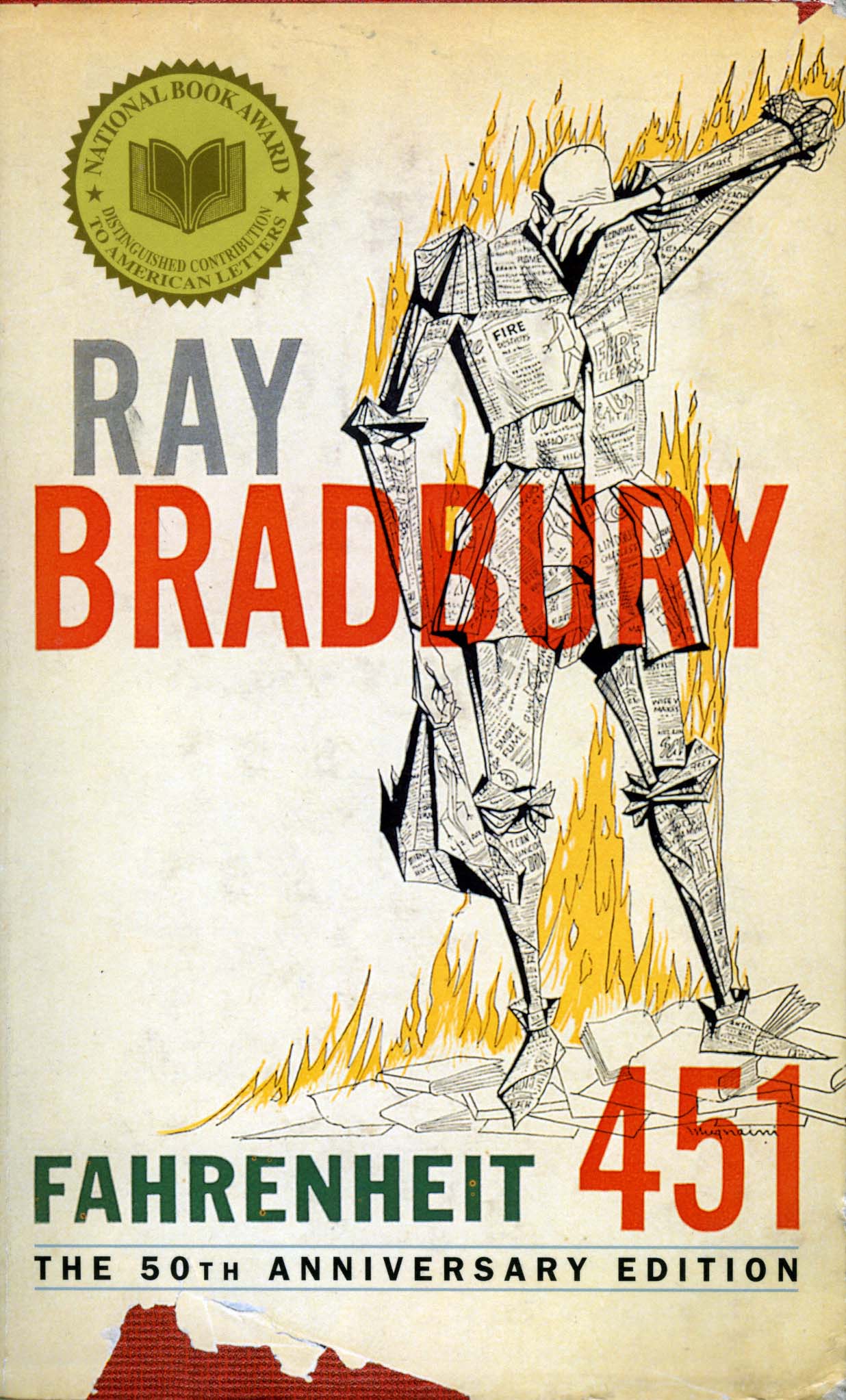 Fahrenheit 451 by Ray Bradbury
Fahrenheit 451 by Ray Bradbury
We may be well into the 21st century, but book banning is still a reality, at least within school districts. Ray Bradbury’s dystopian classic serves as a cautionary tale about a future society that has outlawed books entirely. Government “firemen” routinely burn any caches of books that are found. The theme of this landmark in sci-fi focuses on the oppression inherent in stifling free speech and free thought and, to this day, the book often enters into discussions about the suppression of dissenting ideas. Yet, ironically the book itself has been subject to requests to be banned from school curricula in America as recently as 2006.
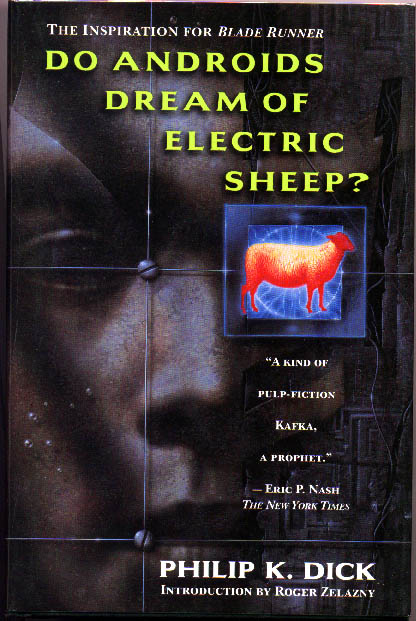 Do Androids Dream of Electric Sheep? by Philip K. Dick
Do Androids Dream of Electric Sheep? by Philip K. Dick
It’s difficult to even imagine where sci-fi would be today without Philip K. Dick. The man wrote dozens of books and many more short stories, yet he wasn’t well known outside of select genre circles. That all changed when his phenomenal post-apocalyptic novel Do Androids Dream of Electric Sheep? was released as the movie Blade Runner shortly following his untimely death. Focusing on a future world where nuclear war has nearly exterminated all animals, the book ponders the question of what the dividing line is between humanity and artificial intelligence in a world where technology has advanced to the point of both forms appearing almost identical.
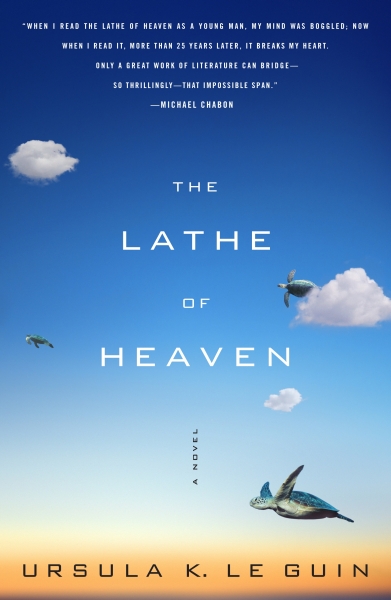 The Lathe of Heaven by Ursula K. Le Guin
The Lathe of Heaven by Ursula K. Le Guin
Ursula Le Guin has written many books about fictional realms and alien civilizations, but her best book is one that’s squarely focused on our own. Of course, what we know as our own world quickly changes at the whim of the protagonist’s dreams. That’s because the man at the center of The Lathe of Heaven has what he perceives as the curse of changing the nature of reality simply by dreaming things into existence. When his psychologist discovers this and harnesses this power for his own professional and financial gain, things quickly swing off-kilter into mayhem.
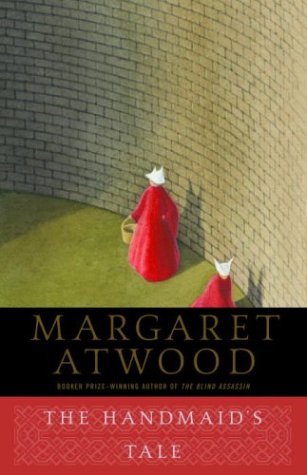 The Handmaid’s Tale by Margaret Atwood
The Handmaid’s Tale by Margaret Atwood
Margaret Atwood’s award-winning dystopian novel, The Handmaid’s Tale imagines a near-future where the United States government has been overthrown by a totalitarian Christian theocracy. Atwood’s book is so poignant because it deals with themes of the historical oppression of women in the light of a future sociopolitical scenario. What was so prescient about this book is that many cultures around the world do continue to subjugate women in the almost unfathomable ways written about in the book (women are even forbidden to read), making this tale of a future hijacked by fundamentalist religious extremism ahead of its time.
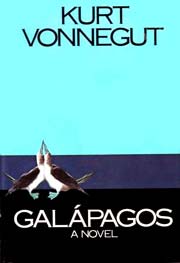 Galápagos by Kurt Vonnegut
Galápagos by Kurt Vonnegut
When it comes to his best work, Vonnegut’s Galápagos rivals Slaughterhouse-Five. Galápagos is narrated by a spirit of a deceased army vet who has been watching the last vestiges of humanity for over a million years. You see, when the world’s economy goes belly up in the modern era, a small group of misfits happen to get shipwrecked in the remote Galápagos islands. Good thing too, because a disease renders the rest of world infertile, leaving this small pocket of people to lead the way forward for the species into a future where humans eventually evolve into seal-like aquatic apes.